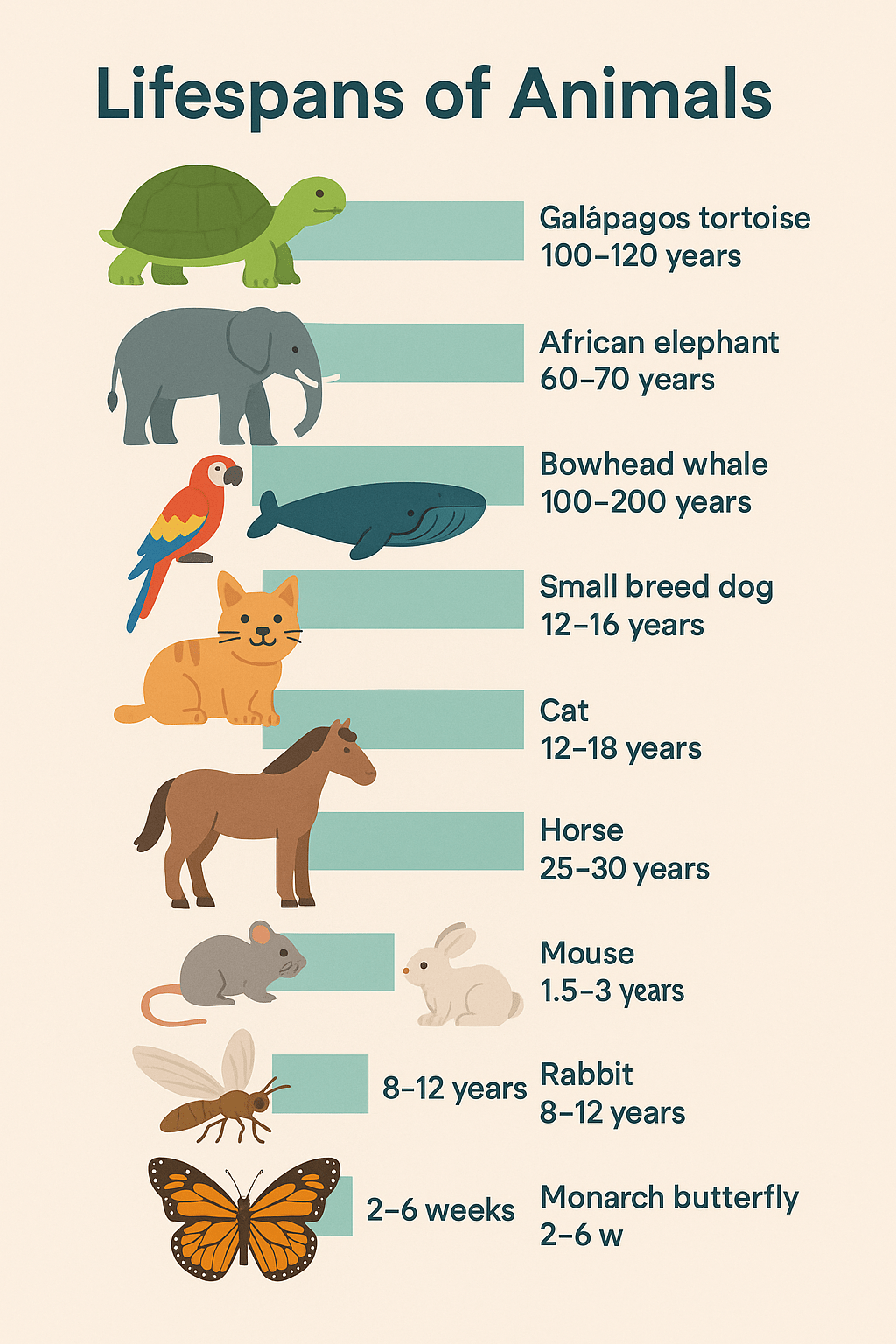
Don’t Be a Screen Zombie Parent: Why Tablets Are a Terrible Babysitter (and What to Do Instead)

The scene: A restaurant erupts in chaos. A toddler throws a tantrum, refusing to eat. Suddenly, a magic device appears – a phone or tablet – and the world falls silent. The child, mesmerized by a cartoon, forgets their grievances. Parents, relieved by the sudden peace, breathe a sigh of relief. But this reliance on screens as a parenting crutch is a recipe for disaster.
The Easy Button of Exhaustion: Why Screens are a Trap
Let’s be honest, parenting is hard. Statistics tell the tale: a 2023 Pew Research Center survey found that 61% of mothers and 42% of fathers report feeling overwhelmed by the responsibilities of parenthood “very often” or “somewhat often.” It’s no surprise then, that the idea of a few minutes of quiet desperation is tempting. Screens offer a seemingly easy solution – a digital babysitter that pacifies a fussy child. But this approach is not only lazy, it’s detrimental to your child’s development.
The High Cost of Low Effort: Long-Term Impacts of Screen Time
Studies paint a clear picture: excessive screen time in young children is linked to a multitude of problems:
- Attention Deficit: A 2020 study in the Journal of the American Academy of Child and Adolescent Psychiatry found a correlation between increased screen time and attention deficit hyperactivity disorder (ADHD) symptoms in preschoolers. The study found that for every hour of daily screen time, the risk of ADHD symptoms increased by 10%.
- Speech and Language Delays: A 2019 study in Pediatrics found that excessive screen time in toddlers (aged 18-30 months) is associated with delayed expressive language skills. The study revealed that toddlers who spent more than two hours per day looking at screens were more likely to have fewer words in their vocabulary.
- Social and Emotional Development: The American Academy of Pediatrics (AAP) highlights that screen time can hinder crucial social interactions and emotional development. Children learn best through face-to-face interactions, play, and exploration, which screens cannot replicate.
- Sleep Problems: The blue light emitted by screens disrupts sleep patterns, leading to fatigue and irritability in children. A 2018 study published in Nature and Human Behaviour found a link between nighttime screen time and difficulty falling asleep, shorter sleep duration, and lower sleep quality in children.
Beyond the Statistics: The Power of Real Play
The American Academy of Pediatrics (AAP) recommends no screen time for children under 18 months, and limited, high-quality programming for older children. Real play, not screen time, is the cornerstone of healthy development for young minds. Here’s why:
- Boosts Cognitive Skills: Through play, children learn problem-solving, creativity, and critical thinking skills.
- Enhances Social Skills: Playtime allows children to interact with others, develop communication skills, and learn empathy.
- Promotes Physical Development: Play encourages exploration, movement, and healthy physical development.
- Fosters Emotional Wellbeing: Play provides an outlet for expressing emotions, managing stress, and building self-confidence.
Breaking the Cycle: Alternatives to the Screen Trap
Instead of reaching for the phone the next time your child throws a tantrum or refuses to eat, try these strategies:
- Identify the Cause: Is your child tired, hungry, or overstimulated? Addressing the root cause of the fussiness is more effective than distraction.
- Offer Choices: Present your child with a few healthy food options or age-appropriate activities to choose from.
- Engage and Connect: Get down on their level, sing a song, or build a tower together. Your presence and interaction are far more valuable than any screen.
- Embrace Patience: Tantrums and picky eating are normal parts of development. Stay calm, be consistent, and offer positive reinforcement for good behavior.
Remember, you are your child’s first and most important teacher. Don’t be fooled by the allure of the “silent sitter.” Invest in your child’s future by fostering a love of play, exploration, and real-world connections. Put down the phone, pick up your child, and create memories that last a lifetime.
Hello, I am Aman (: Full Time Traveler :) At the age of 41, in April 2023, fueled by my love for travel and the determination not to remain fixed like a tree, I embarked on a bold journey. Having dedicated 17 years to a corporate job, I chose to transition from a full-time employee to a full-time traveler, driven by the desire to break free from the routine and constraints of a conventional life. Along the way, I not only explored the wonders of travel but also uncovered the transformative power of financial freedom. I realized how it could liberate me to lead a life teeming with adventure, purpose, and fulfillment. Through my blogs, I am passionately sharing my story, aiming to inspire and provide valuable guidance to those, like me, who aspire to weave travel into a life overflowing with limitless possibilities.





















Post Comment
You must be logged in to post a comment.